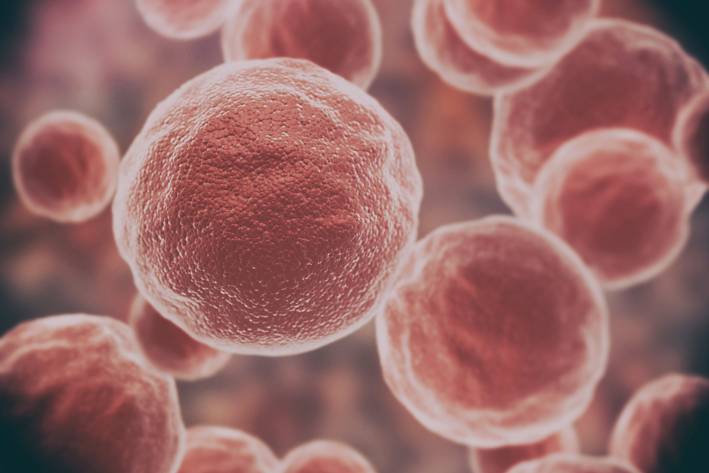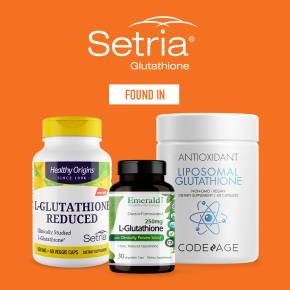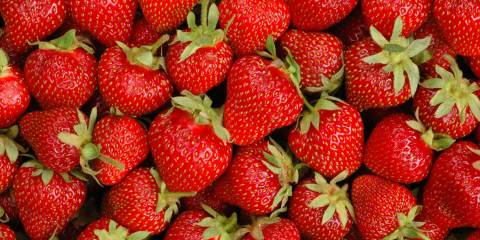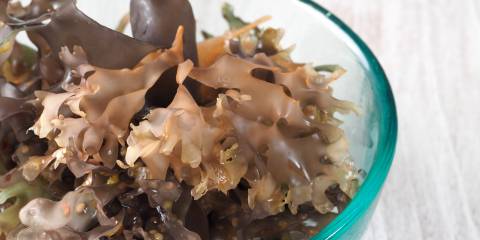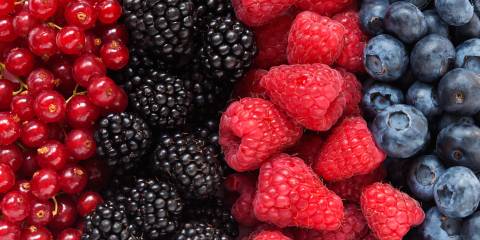The human body is under constant threat of attack from external forces including bacteria, viruses, and pollutants. There’s also a menace from within, in the form of free radicals.
“The body generates free radicals as the inevitable byproducts of turning food into energy,” according to Harvard’s T.H. Chan School of Public Health. “Free radicals are also formed after exercising or exposure to cigarette smoke, air pollution, and sunlight.” A buildup of free radicals in the body leads to oxidative stress, which in turn causes damage at the cellular level.
Cue the Antioxidants
Nutrients with antioxidant properties include vitamins C and E, the minerals manganese and selenium, and carotenoids such as beta carotene, along with a host of other substances: Glutathione (pronounced gloota-thigh-own) and coenzyme Q10 (CoQ10) are among the best known.
While the body manufactures some of the antioxidants it needs, others come from foods, notably vegetables, fruits, and whole grains. Dietary supplements provide some antioxidants including vitamins C and E.
Why The Body Needs Them
The word “antioxidant” describes the main function of a substance, not the substance itself. Among its other jobs, an antioxidant gives up an electron to convert a dangerous free radical to a harmless molecule.
“There are thought to be hundreds and possibly thousands of substances that can act as antioxidants,” according to registered dietitian nutritionist Megan Ware, RDN, LD. “Each has its own role and can interact with others to help the body work effectively. Each antioxidant serves a different function and is not interchangeable with another. This is why it is important to have a varied diet.”
Glutathione: An Antioxidant’s Antioxidant
Called “the mother of all antioxidants” by Mark Hyman, MD, founder and senior advisor of the Cleveland Clinic Center for Functional Medicine, glutathione is “the master detoxifier and maestro of the immune system.”
Made up of the amino acids cysteine, glutamine, and glycine, glutathione is a tripeptide compound that packs a punch in terms of its ability to remove free radicals and toxins from the body. This antioxidant is “the most critical and integral part of your detoxification system,” Dr. Hyman says, because toxins stick to glutathione, “which then carries them into the bile . . . and out of the body.”

